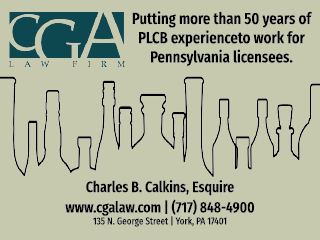Dear Members,
Never could I have imagined for any reason that I would have to tell every Member of my Association to either close their establishments or limit their services. The order from Governor Wolf to Pennsylvania’s taverns and restaurants to limit service to take-out only initially shocked those in the industry. Fear of lost revenue for these small businesses and paychecks for their employees immediately was very evident in every phone call or email I received.
At that time, there was little I could tell you to ease your pain beyond letting you know many associations including ours were working to help you through these difficult times.
Pennsylvania’s taverns and restaurants were the tip of the spear in this fight. Early and decisive decisions had to be made by Governor Wolf to flatten the curve, buy time for our health care professionals to prepare, and ultimately save as many lives as possible.
It was the right decision. The Pennsylvania Licensed Beverage and Tavern Association supported the governor’s order early.
Fortunately, our elected leaders in both Harrisburg and Washington, DC, haven’t forgotten the sacrifice small businesses are making. Financial help is on the way to both small business owners and their employees.
The importance of saving lives is being matched by the importance of saving livelihoods.
I believe that as Pennsylvanians navigate this crisis, all of us will be better because of it.
We now know what it’s like to have our jobs and ways of life threatened in a manner no one could have ever guessed.
We now know the value of loved ones and friends more than ever before as we practice social distancing and self-isolation.
We now know the value of different professions. From the cook preparing take-out food to the cashier in the grocery store ringing up orders to the healthcare provider saving lives, we’ve learned how important each and every person is.
And, we even learned how our very own individual actions are important as we put more emphasis on washing our hands, covering our noses and mouths with every sneeze and cough, and not hoarding necessary supplies like food.
We will weather this storm. And, we’ll be a better country and better people because of this.
Sincerely,
Chuck Moran
Executive Director
Pennsylvania Licensed Beverage and Tavern Association







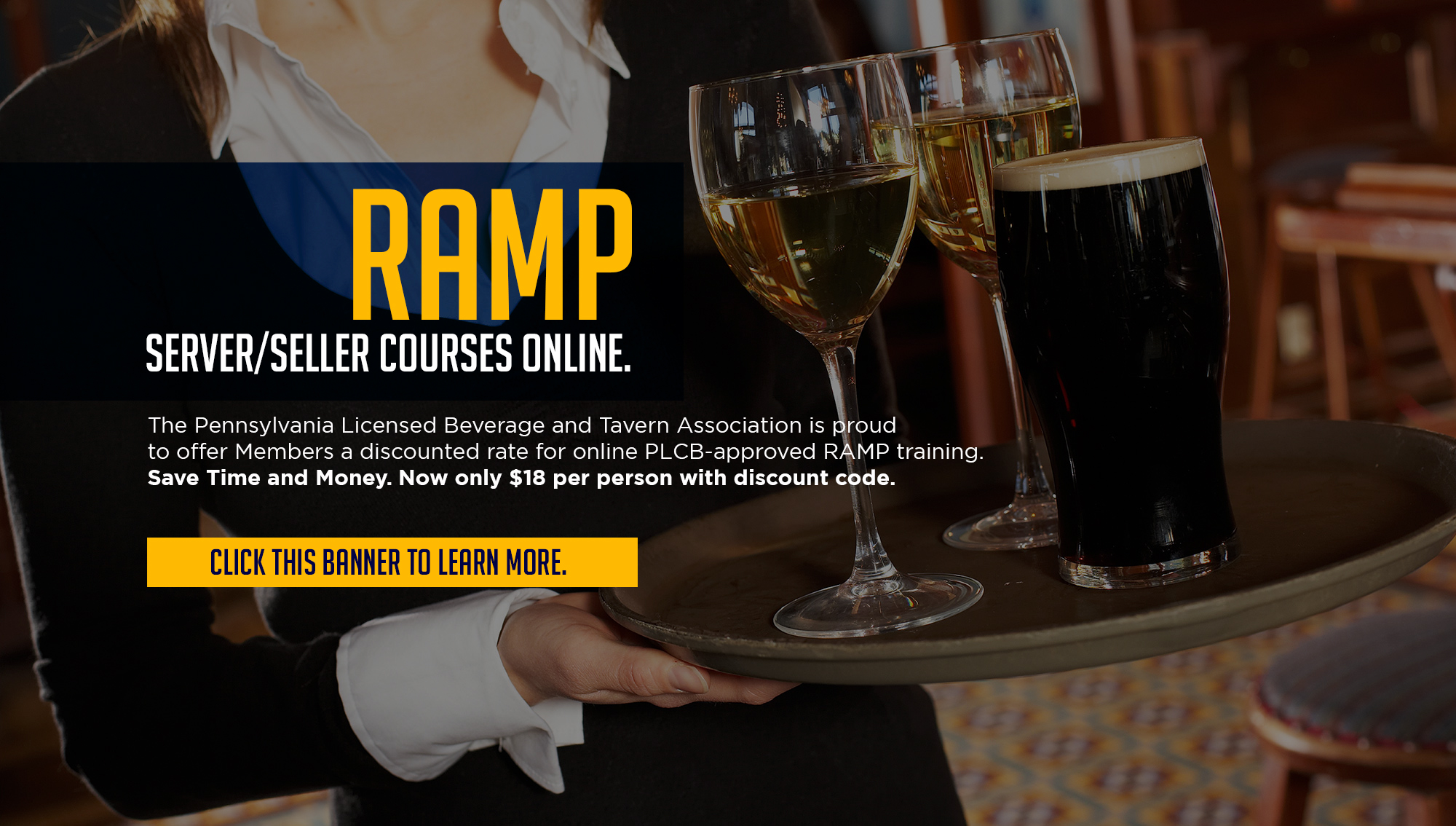
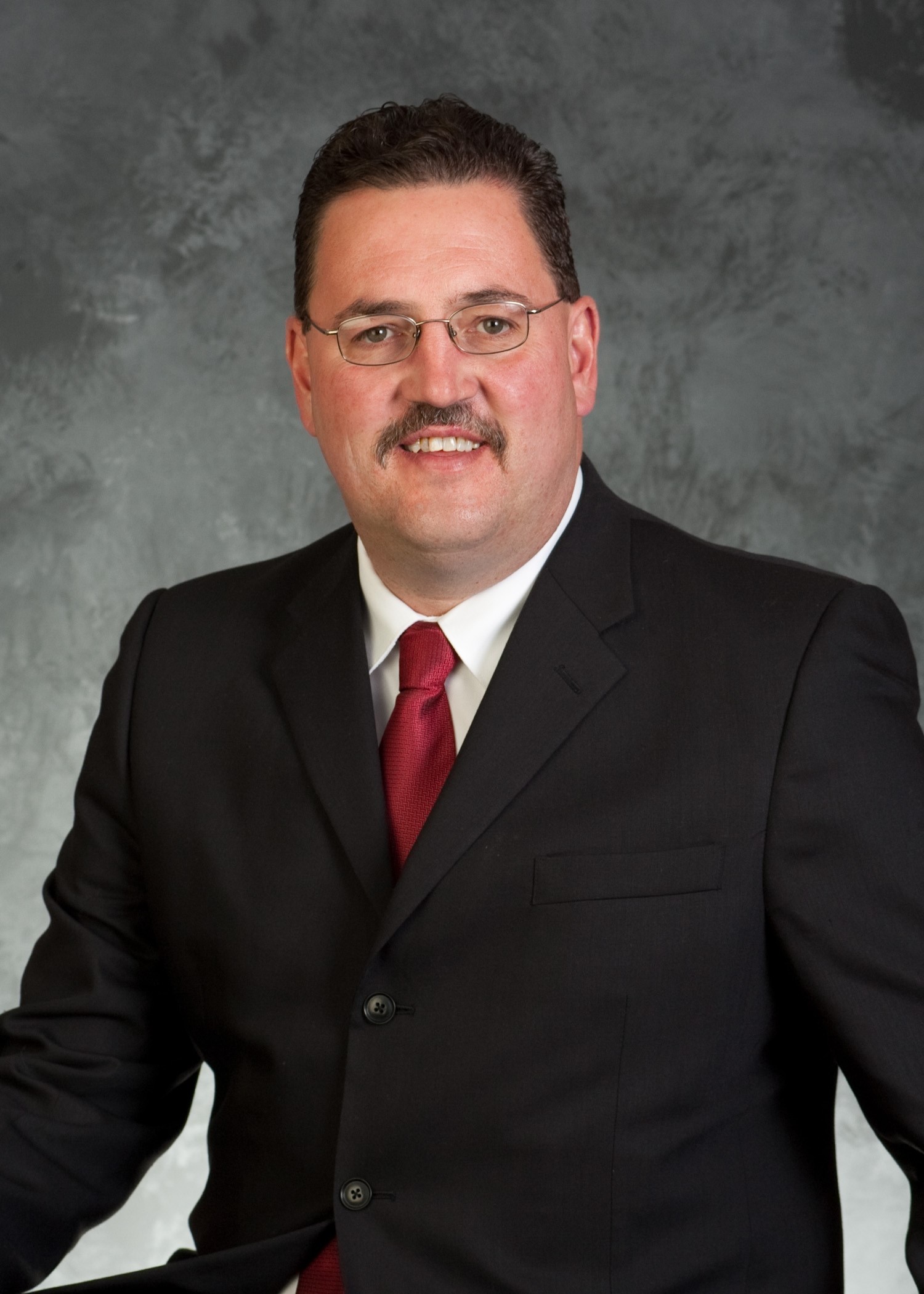 The Pennsylvania Licensed Beverage and Tavern Association sat down with Rep. Kurt Masser recently to learn more about him and his interest in politics. He is the only active tavern owner who sits in the Pennsylvania House of Representatives. In addition to owning Wayside Inn in Shamokin, he represents Montour County and parts of Northumberland and Columbia County in the state House. In recent months, Rep. Masser has been hosting a listening tour, travelling to different counties to meet with tavern owners about their concerns.
The Pennsylvania Licensed Beverage and Tavern Association sat down with Rep. Kurt Masser recently to learn more about him and his interest in politics. He is the only active tavern owner who sits in the Pennsylvania House of Representatives. In addition to owning Wayside Inn in Shamokin, he represents Montour County and parts of Northumberland and Columbia County in the state House. In recent months, Rep. Masser has been hosting a listening tour, travelling to different counties to meet with tavern owners about their concerns.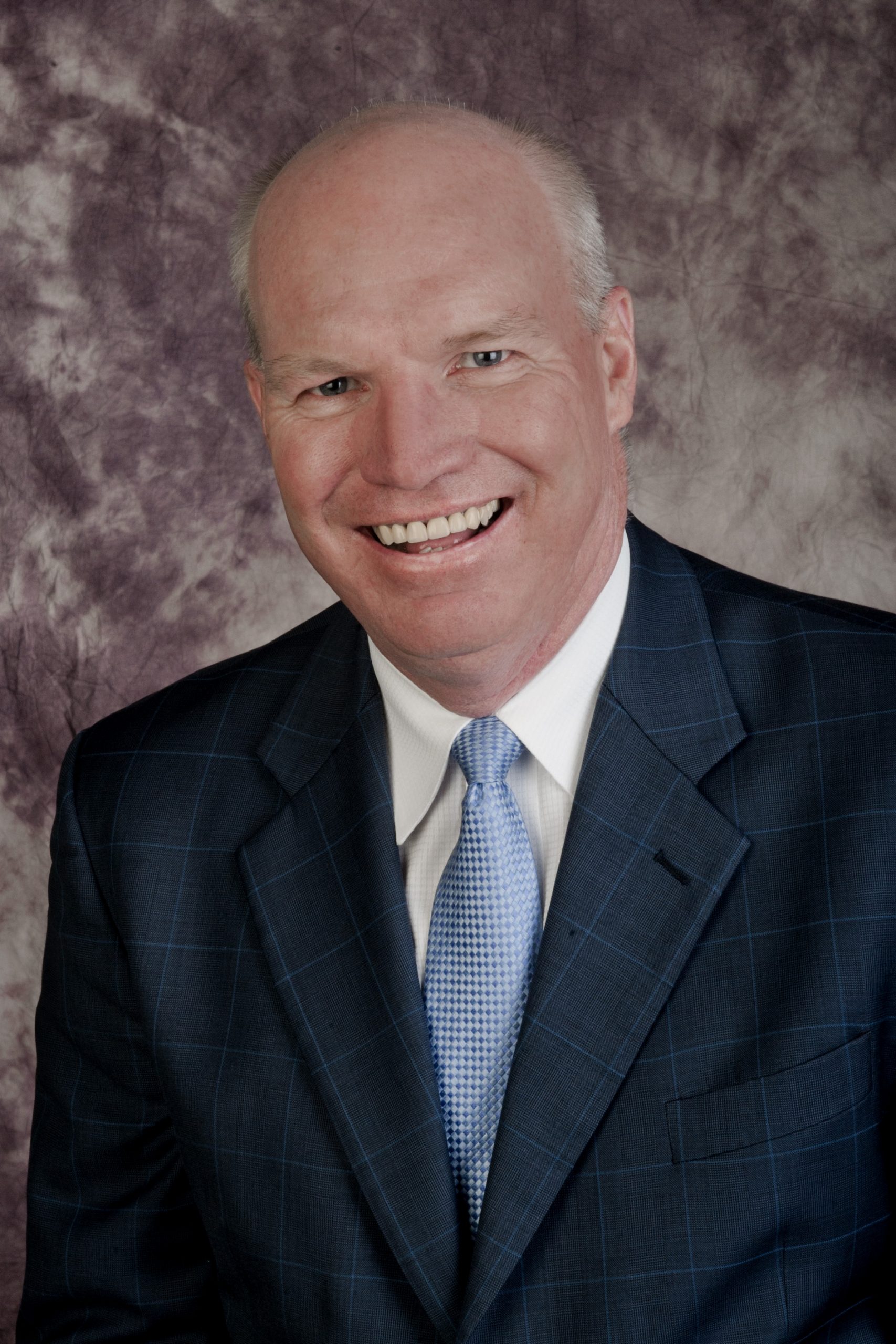 The Pennsylvania Licensed Beverage and Tavern Association sat down with Tim Holden recently to learn more about him and his goals at the Pennsylvania Liquor Control Board. Holden was nominated to the Pennsylvania Liquor Control Board by Gov. Tom Corbett on June 14, 2013. He was named Chairman of the PLCB by Gov. Tom Wolf on Feb. 17, 2015. Prior to his appointment to the PLCB, Holden was the US Congressman for Central Pennsylvania’s 17th congressional district from 1993 to 2013, and before that, Sheriff of Schuylkill County. He is a resident of St. Clair, near Pottsville, and a graduate of Bloomsburg University.
The Pennsylvania Licensed Beverage and Tavern Association sat down with Tim Holden recently to learn more about him and his goals at the Pennsylvania Liquor Control Board. Holden was nominated to the Pennsylvania Liquor Control Board by Gov. Tom Corbett on June 14, 2013. He was named Chairman of the PLCB by Gov. Tom Wolf on Feb. 17, 2015. Prior to his appointment to the PLCB, Holden was the US Congressman for Central Pennsylvania’s 17th congressional district from 1993 to 2013, and before that, Sheriff of Schuylkill County. He is a resident of St. Clair, near Pottsville, and a graduate of Bloomsburg University.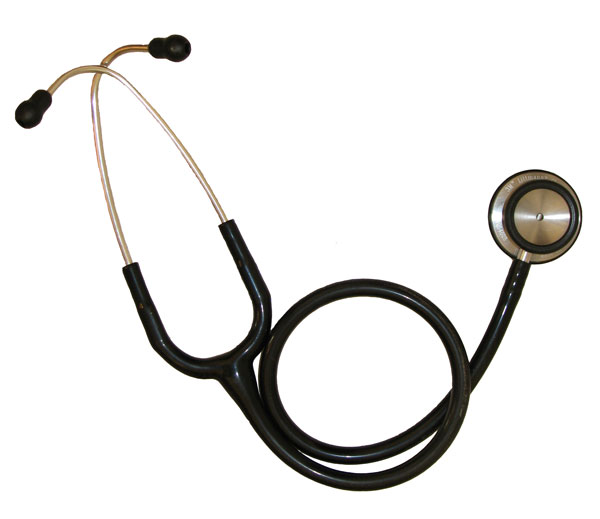 Nationally, the top four health issues for employees are all preventable or treatable, but it’s important for tavern owners and their employees to have access to primary care to stay healthy and on the job.
Nationally, the top four health issues for employees are all preventable or treatable, but it’s important for tavern owners and their employees to have access to primary care to stay healthy and on the job.
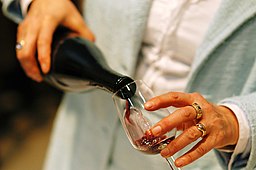


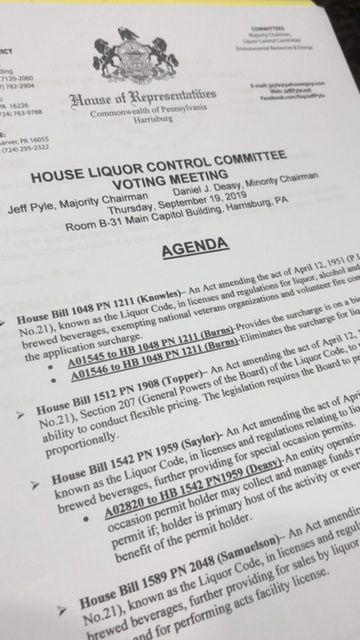 The Pennsylvania House Liquor Control Committee moved HB 1512 with a 15-10 vote down party lines at a voting meeting held on September 19.
The Pennsylvania House Liquor Control Committee moved HB 1512 with a 15-10 vote down party lines at a voting meeting held on September 19.

